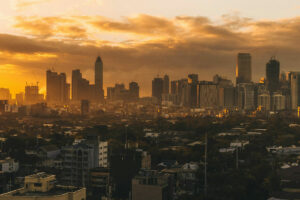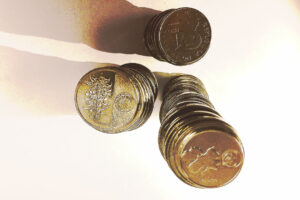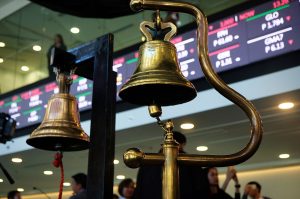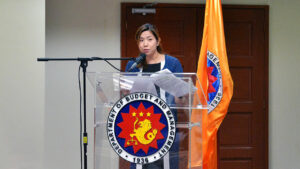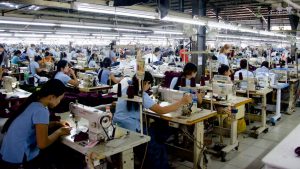THE PHILIPPINES faces several challenges that could delay its development of fully mature startup ecosystems, according to the Global Startup Ecosystem Index from StartupBlink, a global startup map and research center.
“The lack of infrastructure is a limiting factor to the country’s economic growth, and entrepreneurs struggle with slow regulatory support for their startups,” according to the report released early this month.
“Tackling these issues is important due to common interests from both international and local venture capitalists.”
The report measures startup ecosystems of countries and cities based on the quantity and quality of their startups and business environment.
The Philippines has steadily decreased in the rankings for three straight years, dropping one spot to No. 60.
In Southeast Asia, the Philippines remained stable at No. 6 and 35th in terms of the number of strategic branches of global technology companies.
The Philippines had five ranked cities, with Manila leading with a score that was 12 times bigger than the second-ranked Cebu City, showing a strong degree of centralization.
Manila dropped six places and fell out of the top 100 cities globally, now ranking 101st out of 1,000 cities worldwide, according to the report.
Still, the Philippines is making progress toward becoming a formidable startup ecosystem in the Asia-Pacific region, StartupBlink said.
The country enjoys a talented English-speaking population, with many already working remotely for international startups.
“Its attractiveness to foreign entrepreneurs and digital nomads, and the knowledge that local remote workers have gained while working in international startups, should allow for successful ecosystem growth, provided more of the local population embraces entrepreneurship,” it said.
Meanwhile, Manila moved up to 81-90 from 91-100 last year in the Emerging Startup Ecosystem group ranking of the Global Startup Ecosystem Report 2024, an annual report on technology startups.
Manila in the report refers to “all cities covering a 100-kilometer radius from the central point” of the Philippine capital, according to Prashant Sharma, data science lead of Startup Genome, the policy advisory and research group behind the 2024 report.
It had a startup ecosystem value of more than $6.4 billion, for a 72% compound annual growth rate, he said in a Zoom interview on June 10.
“We have five success factors in our ranking — performance, funding, talent and experience, market reach and knowledge,” Mr. Sharma said. “We have seen Manila improve its scores [due to] its performance and funding factors mainly.”
“This year, we have also started looking at the regional rank,” he told BusinessWorld. “Manila‘s regional rank in Asia was 21-25.”
The Philippines has about 1,100 startups, 60 incubators and accelerators, 50 venture capitalists and 200 coworking spaces. It is in the Top 20 in funding in the Asia ecosystem, with the fintech, e-commerce and gaming subsectors performing well.
Startups under these subsectors include Advance Tech Lending, Inc., a business loan fintech platform that raised $16 million in 2023, and MotherNurture, Inc., a retailer of online baby products that raised $35 million in a venture capital round, also in 2023.
Cebu and Davao’s ecosystems were both past the 200-mark ranking and were not included in the 2024 report, Mr. Sharma said.
“Both cities need to work on early-stage funding rounds… where startups get early-stage funding, prove that their products do new innovations, before then going into the later rounds,” he said.
“Hopefully, we will see more activity in both cities, and they will [appear] in the Emerging Startup Ecosystem rankings,” he added.
Worldwide, the top five ecosystems were Silicon Valley, New York City and London (tied at No. 2), and Tel Aviv and Los Angeles (tied at No. 4).
Silicon Valley led all ecosystems for the greatest number of new unicorns (15) in 2023, although this was down by 80% from 2022. — Norman P. Aquino and Patricia B. Mirasol

